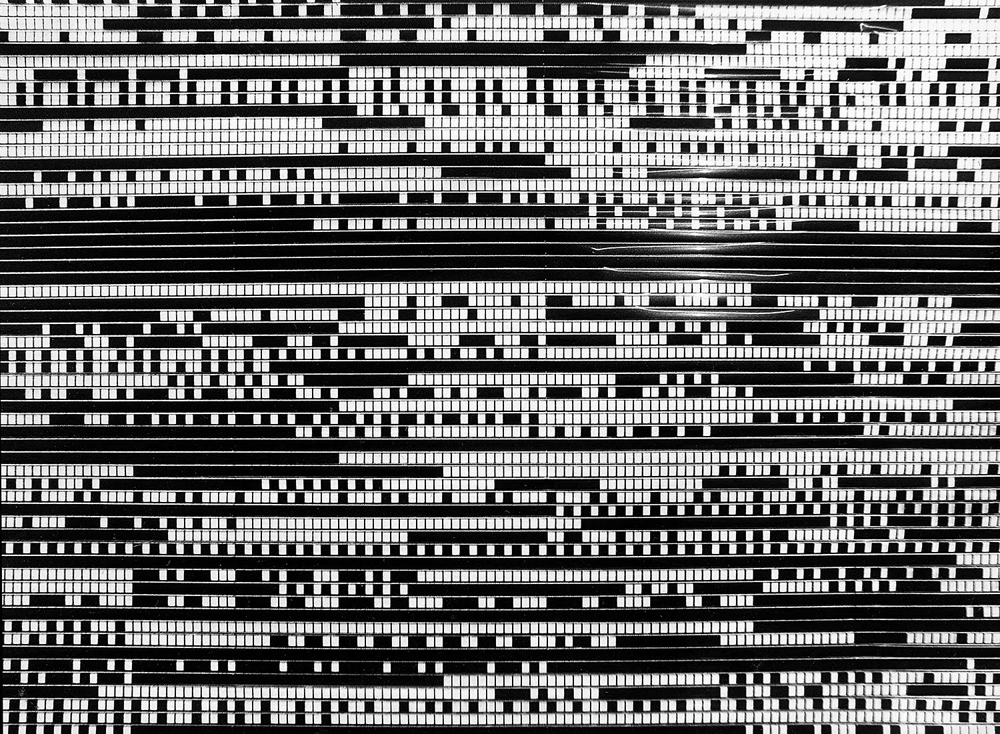
Gary Smith
Gary Smith
Guitar solo where inscrutable, minute electric sounds are excavated by palms that smother and strangle, that wring sound from the fretboard, from behind the bridge.
Arika have been creating events since 2001. The Archive is space to share the documentation of our work, over 600 events from the past 20 years. Browse the archive by event, artists and collections, explore using theme pairs, or use the index for a comprehensive overview.

Guitar solo where inscrutable, minute electric sounds are excavated by palms that smother and strangle, that wring sound from the fretboard, from behind the bridge.

A discussion about what is at stake in the performance of realness and the practice of passing, and how they are both acts of survival and resistance.

Reveling in the geometric, mathematical and perceptual relationship between sound and form, this programme features a landmark work of experimental film in Kubelka’s Arnulf Rainer; a complex, enduring and expressive of structuralist or flicker films.

Robin Hayward – exploring the micro-sounds of a tuba, filling slowly with sand.

Birthed from the collective stagger in global consciousness of the late 50’s and 60’s, this programme celebrates epochal, groundbreaking films that all address sound in their own way and that have opened pathways to experimentation.

With a signature spartan sound and long term preoccupation in structural tactics (subtle shifts in density, drawn out stasis) Polwechsel blur the boundaries between individual instruments.

Freeform Super 8mm documentation of Friday at Instal 06 by filmmaker Matt Hulse.

An extravagant debauch of huge pianos, plush toys, cognac and ritual.

Underground movement legend boychild hosts this workshop—on improvisation, cosmetics, movement and lip-sync.

UK conceptual/ drone/ noise artist, who is seriously posing what might seem to be unanswerable questions of music.

One of the most arresting and unique improvisers in Japan, creating an original and powerful body of free music.

In true reality television style, this in-depth artist talk will tackle all the hardest-hitting questions and juiciest details about care, creative collaboration, and disability justice.